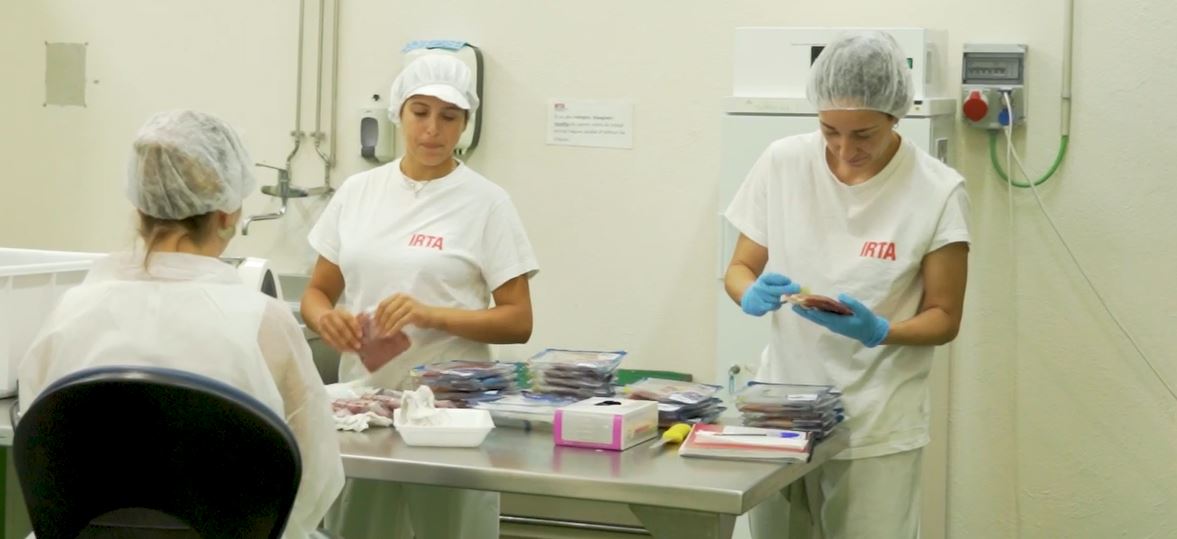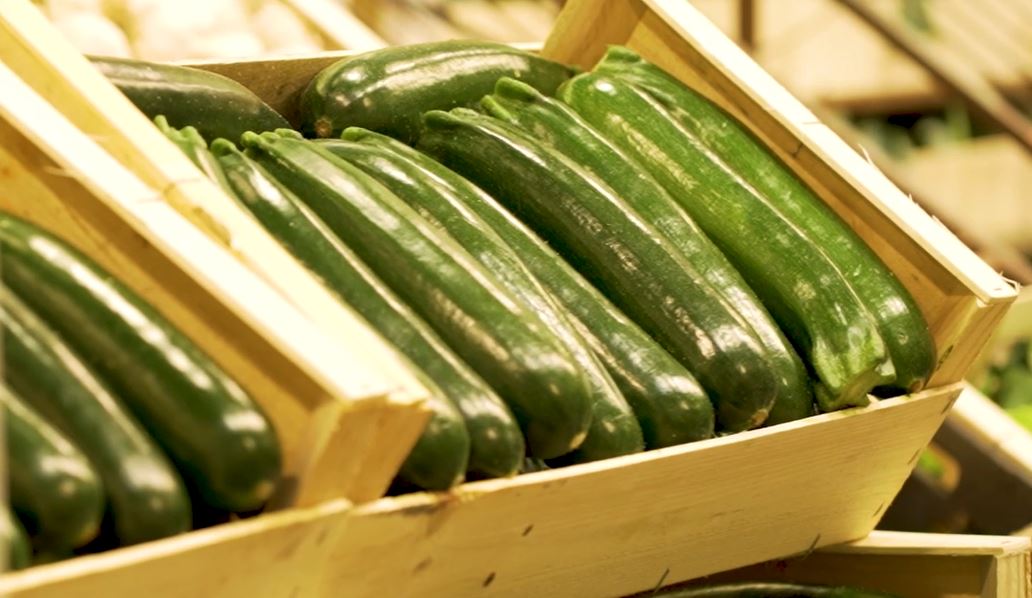
Livestock technician
Other denominations
Shepherd
Description
A livestock farm is the facility intended for the breeding, production, fattening or maintenance of livestock used for food production or for the manufacture of products of animal origin for any industrial use. These farms can be classified according to the type of livestock: beef, goat, pig, rabbit, poultry, among others or depending on the animals' accommodation: extensive (if they are grazing and are not in closed facilities) or intensive (when they are permanently closed on the premises).
Livestock technicians are in charge of the process of production and handling of animals and/or animal products in a livestock farm, in accordance with current regulations and technical specifications to produce in an optimized way. They are responsible for the animals on the farm and for making decisions about their feeding and cleaning, as well as for implementing sanitary and reproductive prevention programmes. In order to do their job properly, they have to apply criteria of quality, sustainability, and profitability, complying with production legislation and guaranteeing animal welfare, quality control and following regulations for the prevention of occupational hazards, environmental protection, and food safety.
Tasks
- Take care of animal feed and health.
Receive new animals, checking documentation of origin and health status.
Incorporate making and/or identification systems according to the animal species.
Manage the processes of conservation, preparation and distribution of food and water rations.
Monitor feeding, weight gain, looking for signs that indicate changes in animal health.
Apply preventive health programmes for livestock exploitation (vaccination, pest, or infection management, etc.).
Know the basic operations that must be followed to care for sick animals, applying the necessary veterinary measures and treatments. - Carry out livestock grazing (in the case of extensive farms).
Adopt optimal grazing systems to take advantage of the resources of the natural environment.
Provide the main precautions in the handling of livestock, making correct use of closures, fences, electric shepherds, drinking fountains and/or other elements related to grazing operations. - Carry out livestock breeding operations.
Run the monitoring of the behaviours of the females of each species when they come into heat to determine the right time for mating.
Carry out basic and sanitary care in the gestation period for each animal species.
Develop the necessary actions with the young during the lactation period to achieve maximum survival. - Manage the transport and distribution of animals.
Have the methods of obtaining, transporting, storing, and preserving production (animals for sale, products, or by-products such as milk, eggs, honey, wool, feathers, etc.) - Ensure the maintenance of livestock facilities and machinery.
Condition the facilities to guarantee the health of the farm.
Carry out an environmental control, managing the temperature and ventilation conditions of the facilities where the animals are located.
To be in charge of the basic maintenance operations of equipment, supplies and tools of the livestock farms. - Apply current legislations and risk prevention measures.
Carry out the necessary cleaning, disinfection, and conditioning operations, in accordance with the occupational and environmental risk prevention measures required by current regulations. Apply labour risk prevention and environmental protection measures in the manoeuvring of tractors and/or traction equipment used on the farm.










 | Catalan | Beginner
| Catalan | Beginner | English | Beginner
| English | Beginner
 Open
Open

 | English | Beginner
| English | Beginner


